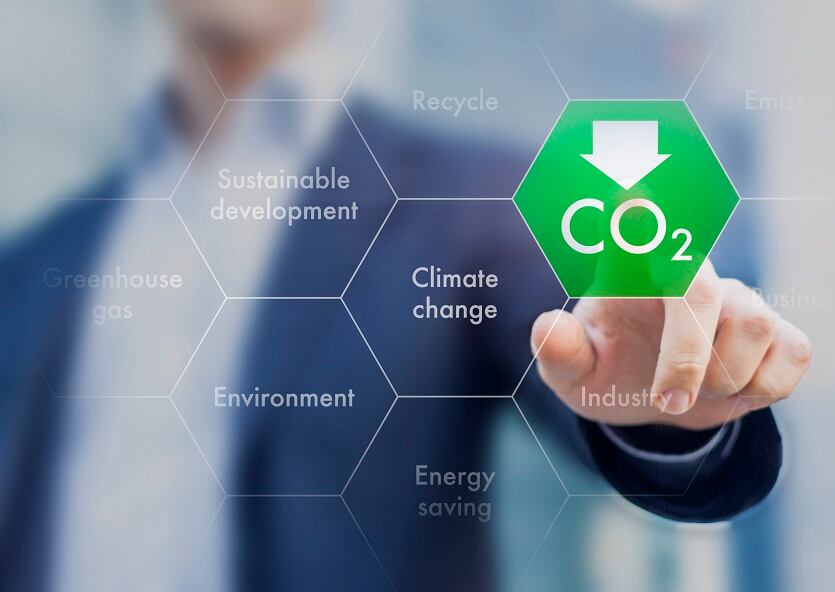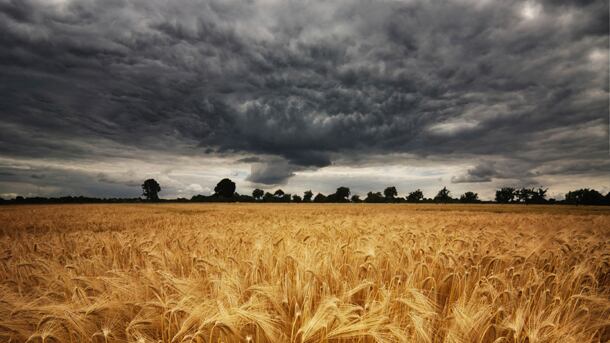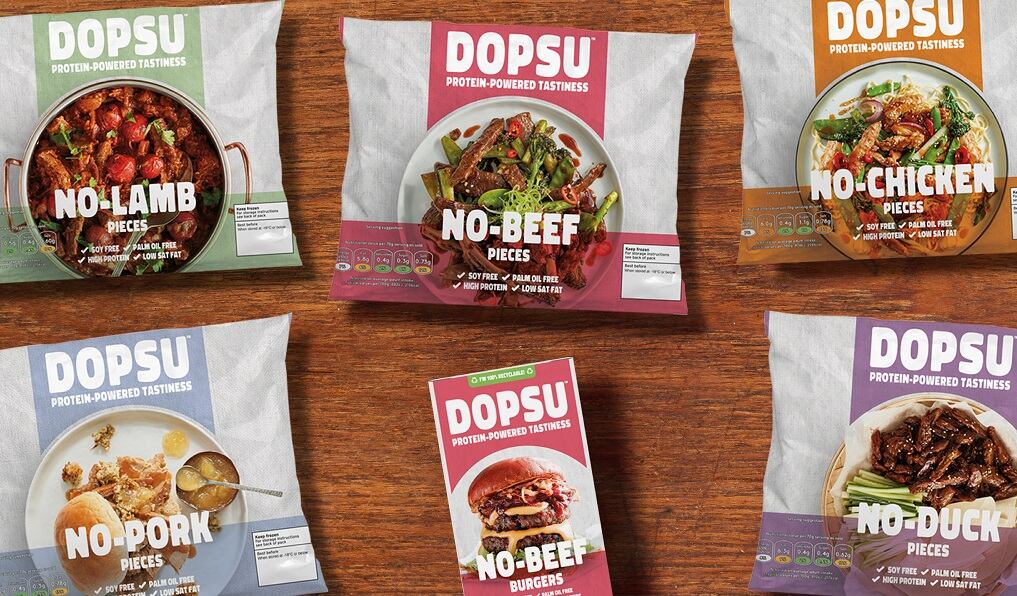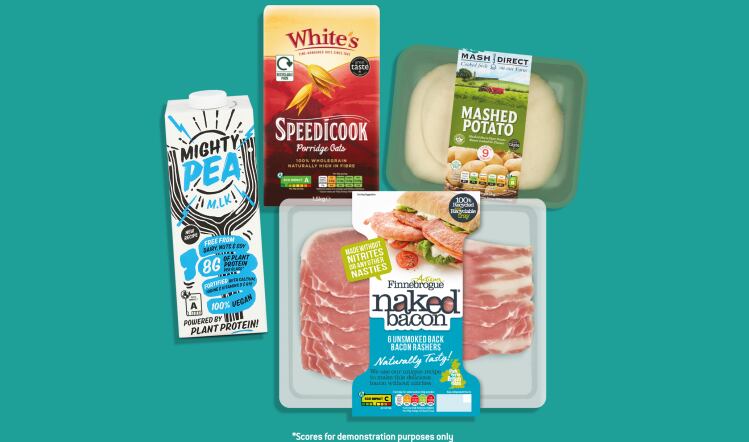The voluntary Courtauld Commitment 2025, which was established in 2015 and is helping the UK food sector to achieve the UN Sustainable Development Goal of halving food waste, has set the goals for the entire food chain. It has also extended its work and remit for another five years, becoming the Courtauld Commitment 2030. It follows the National Food Strategy Part 2, which was published on 14 July, and set out ways the food industry could step up its work to reduce its impact on the environment.
Courtauld's focus on measuring emissions along the entire food chain and acting on the results is being driven by environmental charity Waste & Resources Action Plan (WRAP). The charity delivers Courtauld, and brought together more than 80 businesses, trade bodies, NGOs, government departments and other organisations to set the new GHG targets.
Net zero
Courtauld will now be central to achieving and monitoring progress towards net zero GHG emissions and convening action on water stewardship in at-risk food sourcing locations.
The new 2030 goals
- A 50% absolute reduction in GHG emissions by 2030, associated with food and drink consumed in the UK by 2030, against a 2015 baseline, versus a previous 20% reduction aim by 2025.
- A 50% per capita reduction in food waste by 2030 vs the UK 2007 baseline, replacing a 20% per capita reduction by 2025.
- Sustainable water management (quality and quantity) in the top 20 most important product and ingredient sourcing areas in the UK and overseas – covering 50% of product ingredients deemed ‘at risk’ from water insecurity.
The new targets would mean UK food waste would be 800,000 tonnes lower in 2030 compared to 2025, saving food worth £2.4bn a year and the equivalent of 1.9 billion meals.
The goals have been set just four months before the 26th UN Climate Change Conference of the Parties (COP26) in Glasgow on 31 October.
Courtauld's annual report - published on 20 July - singles out highlights from the past year including:
- The inaugural Food Waste Action Week, when the food and drink sector joined forces with Love Food Hate Waste to drive home the message that Wasting Food Feeds Climate Change.
- The single largest annual increase in surplus food redistribution since 2015, with WRAP recording a 45% increase in UK redistribution in 2020 vs 2019. More than 92,000 tonnes of food, worth £280m and equivalent to 220m meals, were redistributed in one year.
- Almost £7 million of grants awarded to redistribution organisations in England.
- A steep rise in the number of businesses implementing ‘Target, Measure, Act’ in their operations – up to 249 businesses.
- The formation of an ambitious GHG reduction target for UK food.
- Six pilot water stewardship projects gaining momentum.
“It is unacceptable that good food goes to waste when there are so many people going hungry," said Tesco chief executive officer Ken Murphy. "In addition, food waste is responsible for 8% of global GHG emissions and is a major contributor to loss of biodiversity. We’re helping to address this important issue in lots of ways.
"For many years, we have been working as a part of The Courtauld Commitment to meet UN Sustainable Development Goal Target 12.3 and halve global food waste by 2030. We also know that what gets measured gets managed, so we urge all retailers and suppliers to disclose their levels of waste so we can tackle this issue together in an open and transparent way.”
Nestlé UK & Ireland head of value chain sustainability, Andrew Griffiths said the company had been a member of WRAP's Courtauld Commitment on food waste since its inception. It had also committed to halving operational food waste by 2030 and to helping suppliers and consumers to take action on food waste.
Food waste audit
“We have worked closely with our partners, including Company Shop, FareShare and FoodCloud to develop and apply a food waste audit process across our sites," said Griffiths. "This process has helped us to identify and address causes of food waste within our processes and increase opportunities to redistribute surplus food. Since 2016, we have reduced our operational food waste by 41% and in 2020 alone, redistributed the equivalent of more than 2.6m meals.”
Jim Brisby, chief commercial officer of Cranswick, said: “There is no doubting the scale of change required in the food industry and we are fully supportive of the new Courtauld 2030 targets.
"We have been involved with WRAP and the Courtauld Agreement since 2018 and are proud to continue to support key initiatives such as the 'Meat in a Net Zero World' project, supporting industry wide initiatives to support the reduction of GHGs. This has allowed us to help shape the roadmap required for the industry with other businesses and provides a consistent framework for us to commit to.”
WRAP chief executive Marcus Gover said he was proud of what had been achieved in the past five years. "But with COP26 fast approaching, the new Courtauld Commitment 2030 has been refreshed to build on this success and meet newer demands of climate action head on.
'Climate change the biggest threat we face'
"Courtauld has always addressed the most significant sustainability challenges that the sector faces – carbon reduction, improved water stewardship and food waste. Climate change is the biggest threat we all face, and fixing food is vital.
I believe Courtauld has never been more important as only fundamental change can reset our fragile global food system into a sustainable model that will feed us in the future, and cut greenhouse gas emissions towards Net Zero.”
Courtauld's membership comprises more than 90% of UK food retail, food manufacturers, hospitality and foodservice companies, farmers and growers, redistributors and charities, trade bodies, local authorities and other food chain businesses.
WRAP has introduced an associate membership model to enable small businesses to achieve Courtauld Commitment 2030 targets more easily.




